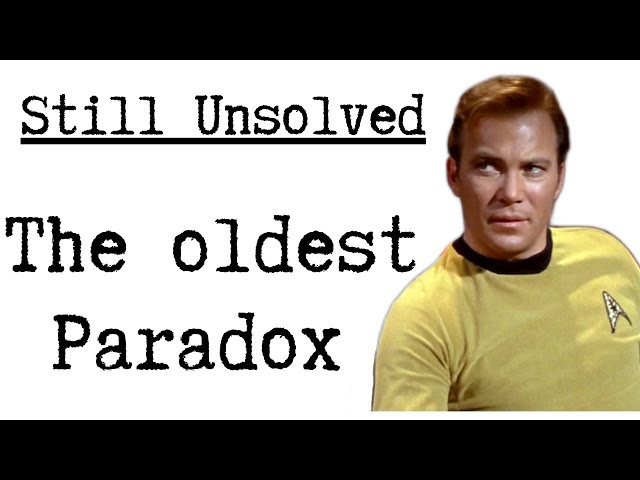

The Liar Paradox: Consider the statement: "This statement is false." If the statement is true, then it must be false as it claims to be. But if it's false, then it must be true. What is the real Answer?
The Liar Paradox is a self-referential paradox that arises when we consider a statement that refers to its own truthfulness. The classic example is the statement: "This statement is false." Let's analyze this paradox in detail.
1. If the statement is true:
If we assume that the statement is true, then it means that the statement is false, as it claims to be. This leads to a contradiction because a true statement cannot be false. Therefore, if the statement is true, it must be false.
2. If the statement is false:
If we assume that the statement is false, then it means that the statement is not false, which implies that it is true. Again, we encounter a contradiction because a false statement cannot be true. Therefore, if the statement is false, it must be true.
As we can see, no matter whether we assume the statement to be true or false, we end up with a contradiction. This paradox demonstrates a logical inconsistency and challenges the notion of truth itself.
The Liar Paradox is closely related to other paradoxes and self-referential statements, such as Russell's paradox and the Barber paradox. These paradoxes highlight the limitations of formal systems and the complexities that arise when statements refer to their own truthfulness.
Various attempts have been made to resolve the Liar Paradox, but no universally accepted solution exists. Some solutions propose modifying the underlying logic or introducing hierarchy, while others suggest that the paradox is a result of a flawed assumption about self-reference.
One possible approach to dealing with the Liar Paradox is to recognize that it is a form of self-reference that leads to an irresolvable contradiction. In this view, the paradox is seen as a limitation of language and logic rather than a problem that can be definitively resolved.
In conclusion, the Liar Paradox presents a challenging dilemma where a statement refers to its own truthfulness, leading to logical contradictions. It highlights the intricacies of self-reference and raises questions about the nature of truth. While various attempts have been made to resolve this paradox, it remains an open problem in philosophy and logic.
Related Posts
© 2025 Invastor. All Rights Reserved

User Comments
Mawuli Beck
a year ago
You know, this feels like a cosmic version of "Who's on First?" If someone tells me they're lying, my brain's just gonna throw up an error message.
Uttara Caridad Caridad
a year ago
Mind blown! It's like a mental knot you can't untangle. Can something be both true and false at the same time? Or neither?